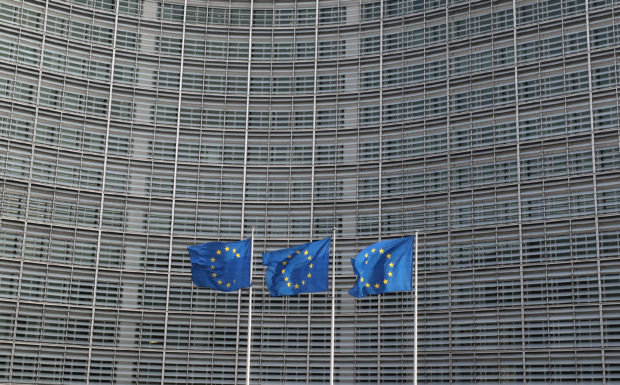BRUSSELS – The European Union agreed on Tuesday to allow retaliation against countries that put undue economic pressure on EU members to change their policies, a move designed to act as a deterrent.
Representatives of the European Parliament and the Council, the grouping of EU countries, reached a deal on the anti-coercion instrument (ACI) early on Tuesday.
The proposal is designed to counter a spillover of geopolitical tensions into trade. EU members have accused the administration of former U.S. President Donald Trump and China of using trade as a political tool.
One case proponents cite is Chinese trade practices against Lithuania after it let Taiwan set up a de facto embassy there.
The EU says Beijing imposed blocks on its exports and pressured companies to remove Lithuanian content from supply chains when exporting to China.
EU chief wants ‘level playing field’ with China
The EU is challenging China at the World Trade Organization over the issue, but such cases could take over a year to resolve.
Under the ACI, the EU would determine whether a third country’s economic measure was designed to coerce the EU or one of its members to change policy.
If dialogue failed, the bloc could impose restrictions, such as higher import tariffs or limited access to EU public tenders.
Some EU countries had been skeptical about the measure over concerns it could be protectionist and spark trade wars.
Europe must avoid over-reliance on China, says EU leader
Read Next
Subscribe to INQUIRER PLUS to get access to The Philippine Daily Inquirer & other 70+ titles, share up to 5 gadgets, listen to the news, download as early as 4am & share articles on social media. Call 896 6000.
For feedback, complaints, or inquiries, contact us.
For all the latest Business News Click Here
For the latest news and updates, follow us on Google News.

